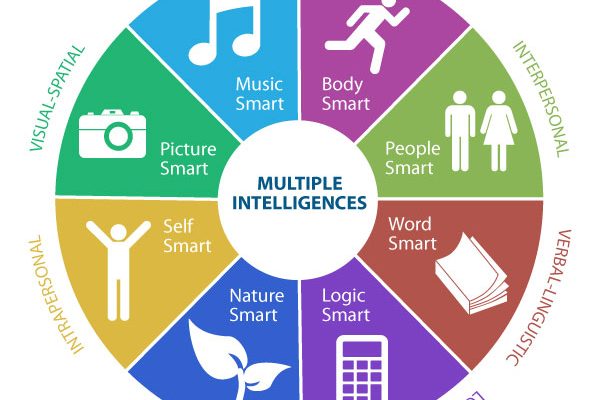How to Start a Robotics Club at Your School

When you’re passionate about a subject, it is normal to try and integrate more of it into your life. And, when it comes to a subject like robotics, forming an afterschool club may be an ideal way to explore your interest with like-minded individuals. But starting a new club at your school can’t be done overnight.
To help you get on your way, here are some key steps for creating a robotics club at your school.
Start with the Administration
Often, the school’s administration sets the guidelines surrounding clubs operating on school grounds. They may require a certain number of students be interested, a teacher to sponsor the club, and, in cases where students are under 18 years of age, a suitable number of adults to supervise. Speak with school officials to get the details, and then work towards meeting the requirements.
Poll the Students
Most clubs have at least a handful of students. Unless you already know who else may be interested, you need to approach other students to see if they would want to join the club as well. Your school’s administration may require a minimum number of students sign up or at least indicate an interest before they allow you to proceed.
Find a Teacher
Whether a teacher is required as a sponsor or if you are looking for a suitable meeting space, you will need to speak with instructors who can help you reach your goal. Often, working with robotics requires access to certain tools.
For schools that offer a class on robotics, then that teacher is a logical choice. If not, then you might want to approach instructors of classes with similar workspace requirements like wood shop or metal shop. In some cases, art teachers may also have access to the proper facilities and even some of the equipment.
If additional adult supervision is required, coordinate with your teacher and reach out to the parents of interested students to see who may be available. If those results are insufficient, consider speaking with other teachers who may be open to supporting your club as well.
Create an Objective and Guidelines
Even if you know there is interest and support for your robotics club, it is wise to create some basic goals and objectives to guide the experience. This can include items like prepping entries for upcoming competitions, working on associated assignments, or further personal projects.
Guidelines for club operations also need to be created. For example, who is responsible for the supplies and components required to work on projects? Will the club be openly available to any interested student or do they need a level of prior education? Is there a maximum number of participants that can use the space at one time that restricts the number of members?
It is important to have an idea of how the club will operate prior to beginning. However, certain details can wait until the club first meets if input from all members is valuable for guideline development.
Return to Administration
Once you have met the requirements, return to the administration. At this point, they should be able to formally approve or deny you request. If approved, they will help set a time, day, and location for the club to meet. Additionally, they can assist with the creation of suitable permission slips to ensure parents support their child’s participation.
Hold You First Meeting
Once the first meeting day arrives, you can now celebrate the start of your new club. Just make sure to keep things organized and that all rules governing the clubs operation are properly followed. Otherwise, enjoy yourself as you explore everything robotics has to offer.





